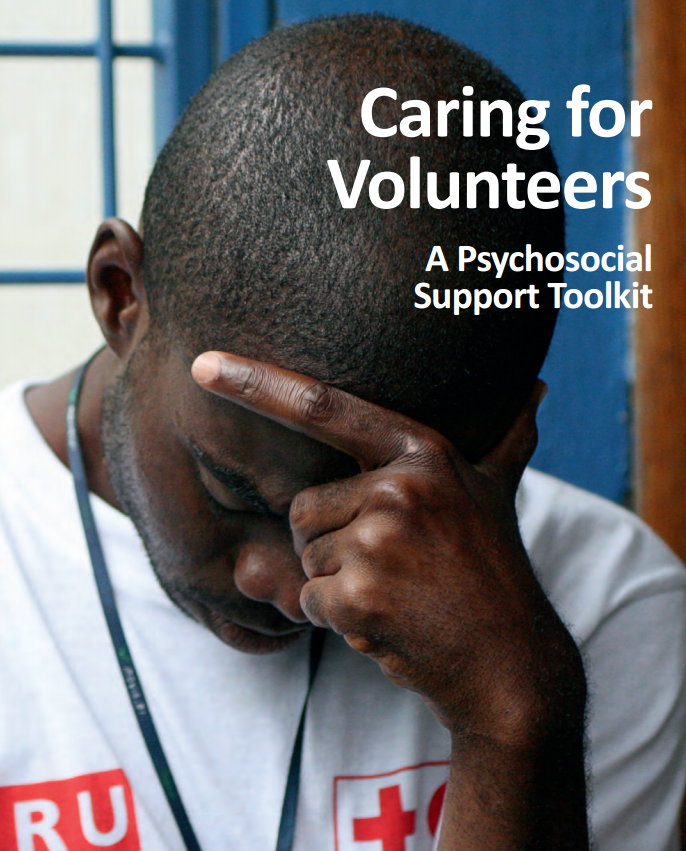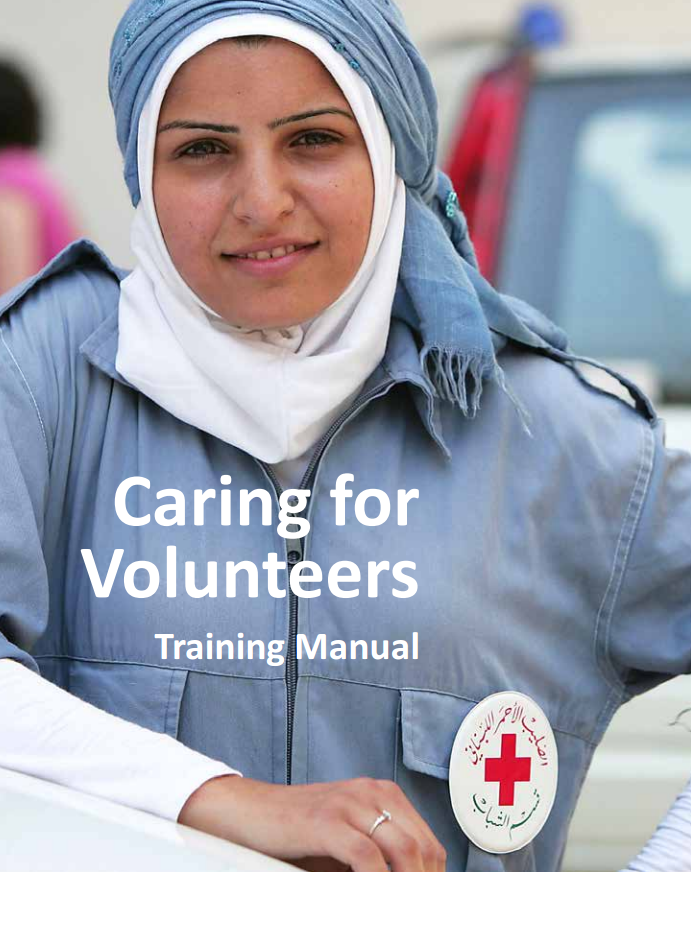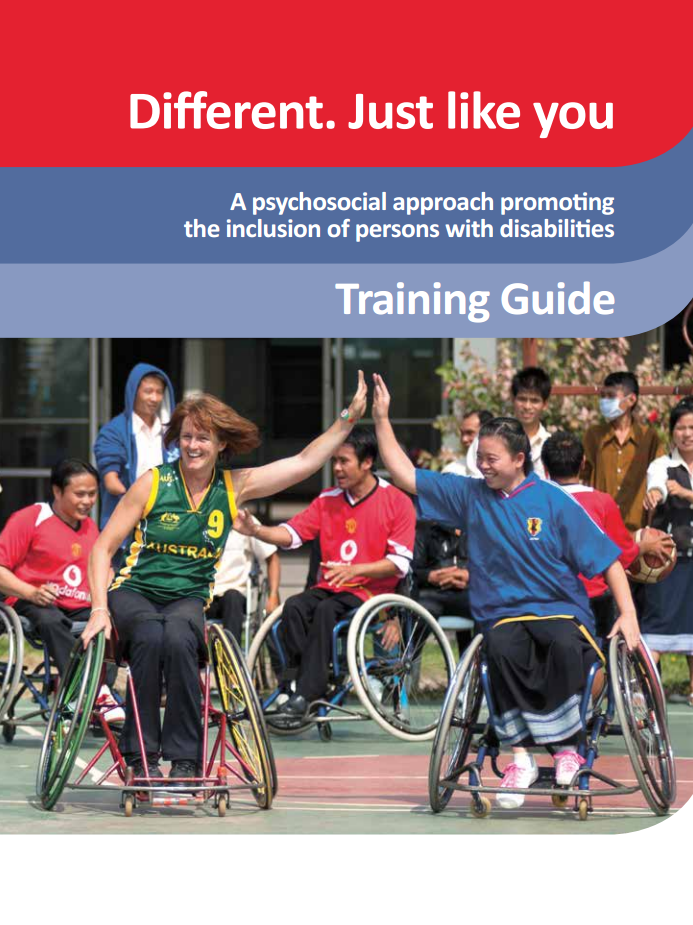Different. Just like you: Handbook
This handbook is aimed at professionals and volunteers who work with persons with disabilities. The concept of empowerment is central to the whole approach presented in this handbook. Empowerment is defined as a process of strengthening, whereby individuals, organizations and communities ‘get a grip’ of their own situations and surroundings. They do so by acquiring […]
Different. Just like you: Handbook Read More »




